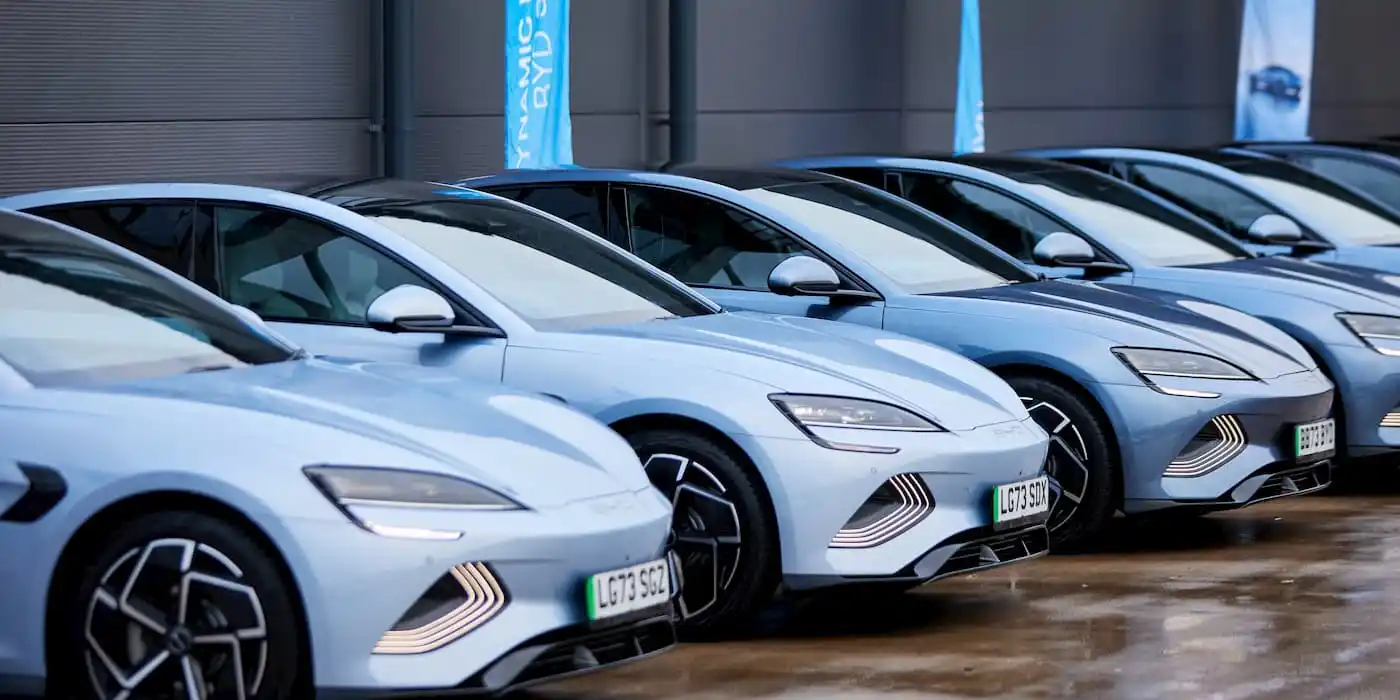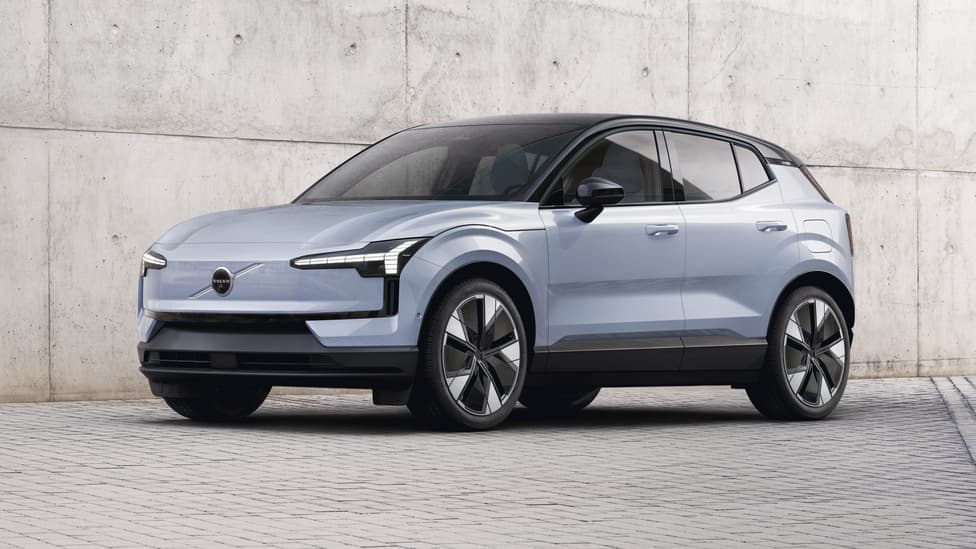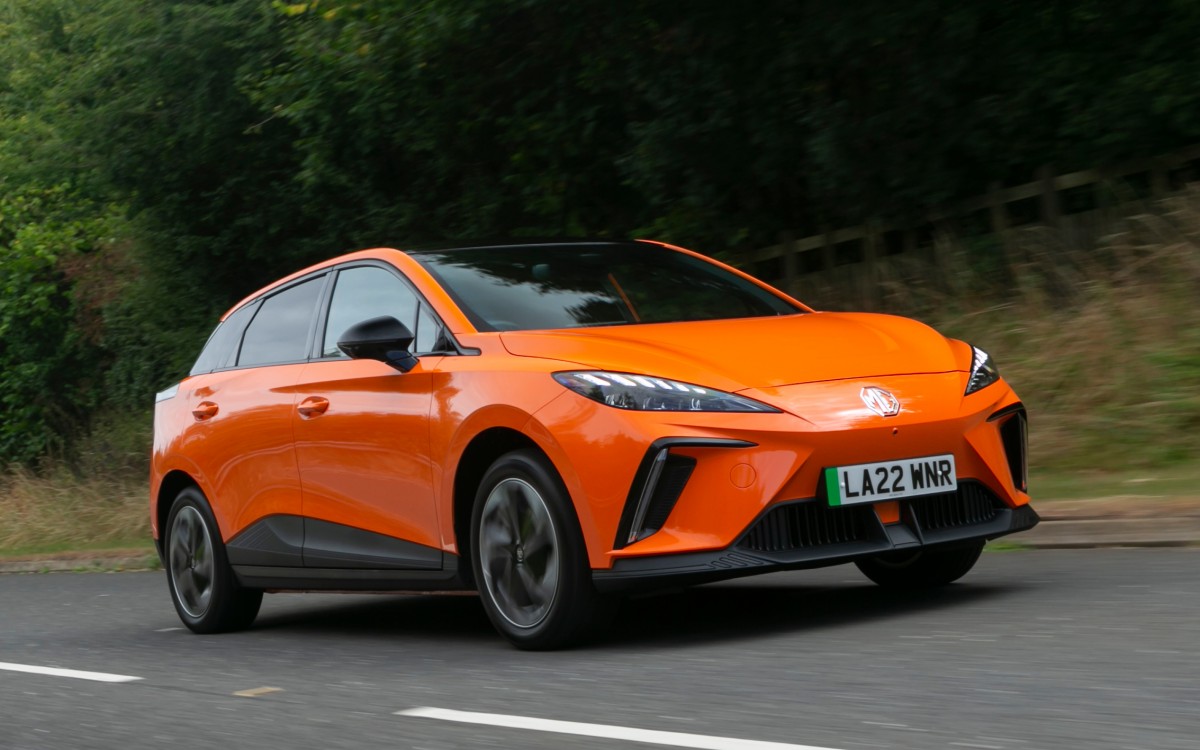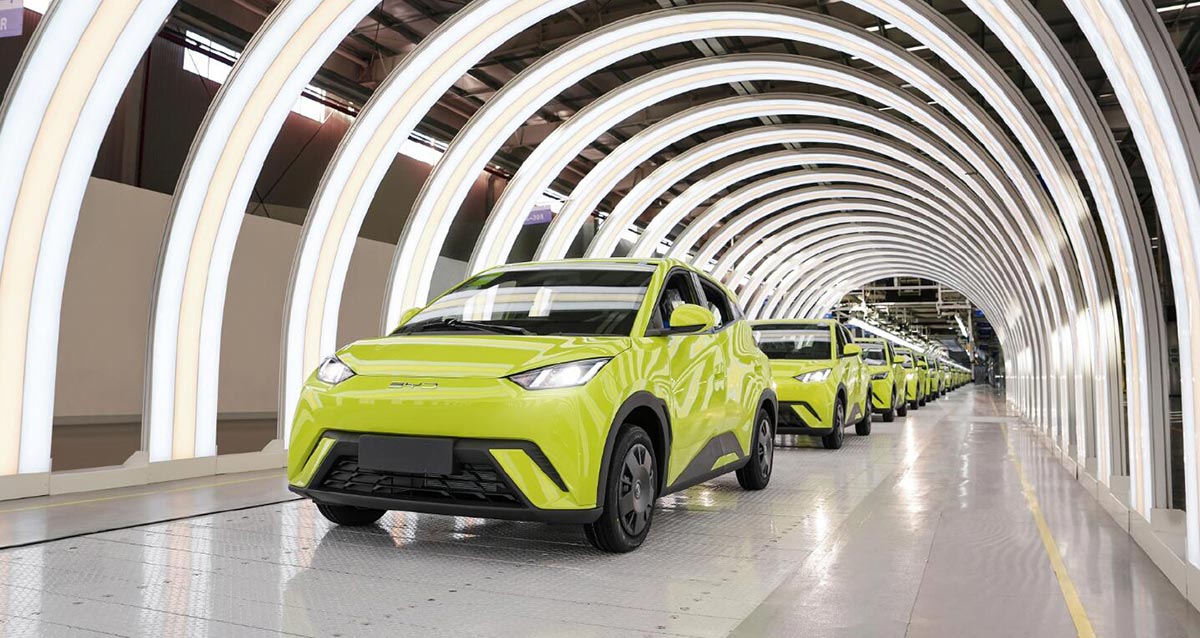Germany’s leading car manufacturers called on the European Union and China on Friday to negotiate a deal and avoid impending tariffs on Chinese-made electric vehicle imports, amid growing concerns about the impact of a potential trade conflict.
The appeal comes after the European Commission gained enough support from EU member states to implement tariffs, despite opposition from countries with stronger economic ties to China, like Germany.
“Today’s vote is a fatal signal for the European automotive industry. What is needed now is a quick settlement between the EU Commission and China to prevent a trade conflict from which no one gains,” said BMW CEO Oliver Zipse. Germany voted against the tariffs, aiming to preserve business relations with China, the world’s largest car market. Zipse emphasized that Germany’s stance “increases the chances for a negotiated settlement.”
Germany’s automakers are particularly vulnerable to countermeasures, as nearly a third of their 2023 sales came from China. Although many vehicles sold in China are manufactured locally, high-end models are still imported from Germany. Hildegard Müller, president of Germany’s auto industry lobby VDA, warned, “A trade conflict only knows losers.”
Mercedes-Benz, which counts Beijing Automotive Group and Geely Chairman Li Shufu as major shareholders, also criticized the tariffs, calling them a “mistake” and urging the European Commission to delay implementation to allow for further negotiations. Volkswagen, Europe’s largest carmaker, echoed the sentiment, urging a “political solution” and stating that tariffs would not enhance Europe’s automotive competitiveness.
While the decision to impose tariffs is set for the end of October, automakers hope a deal can still be reached before the measures are finalized.








